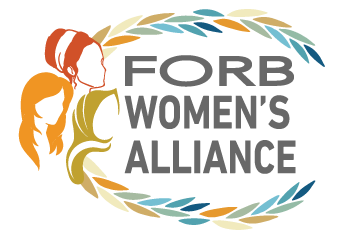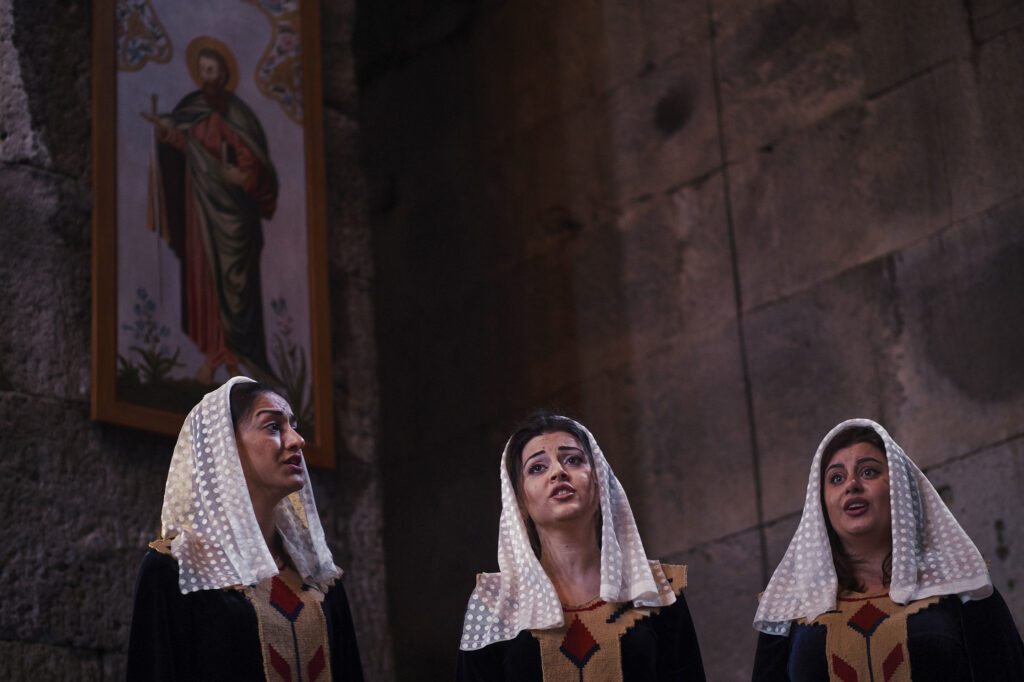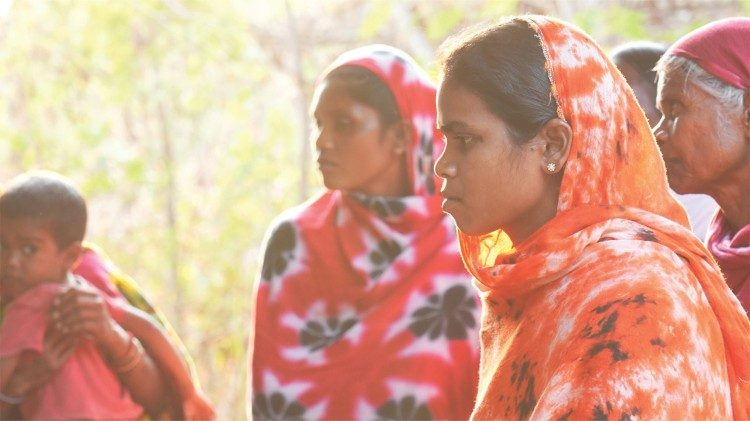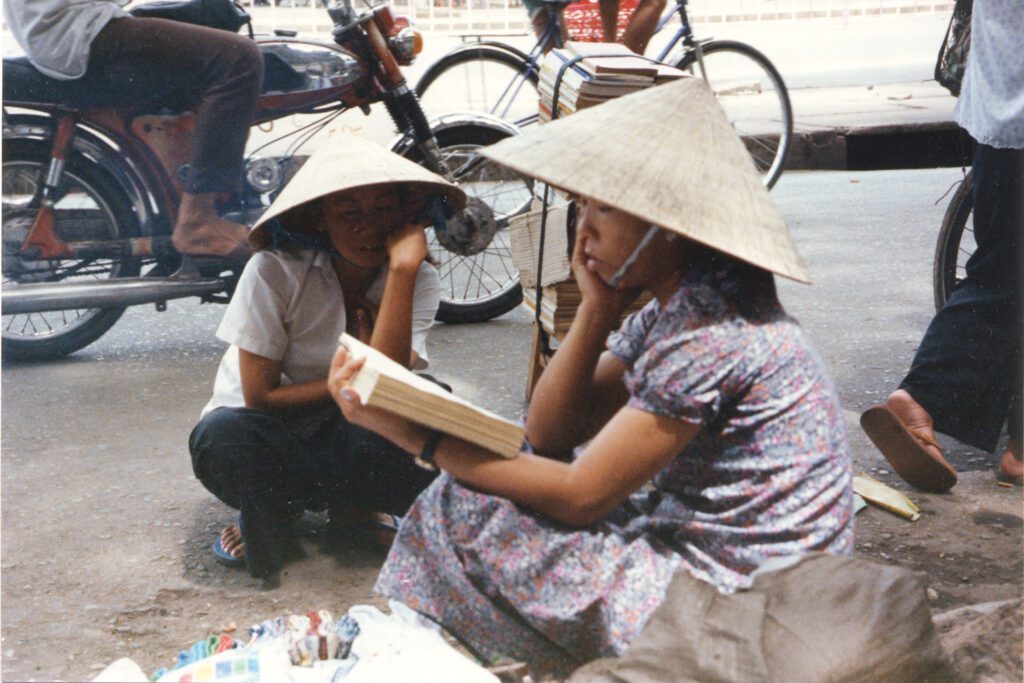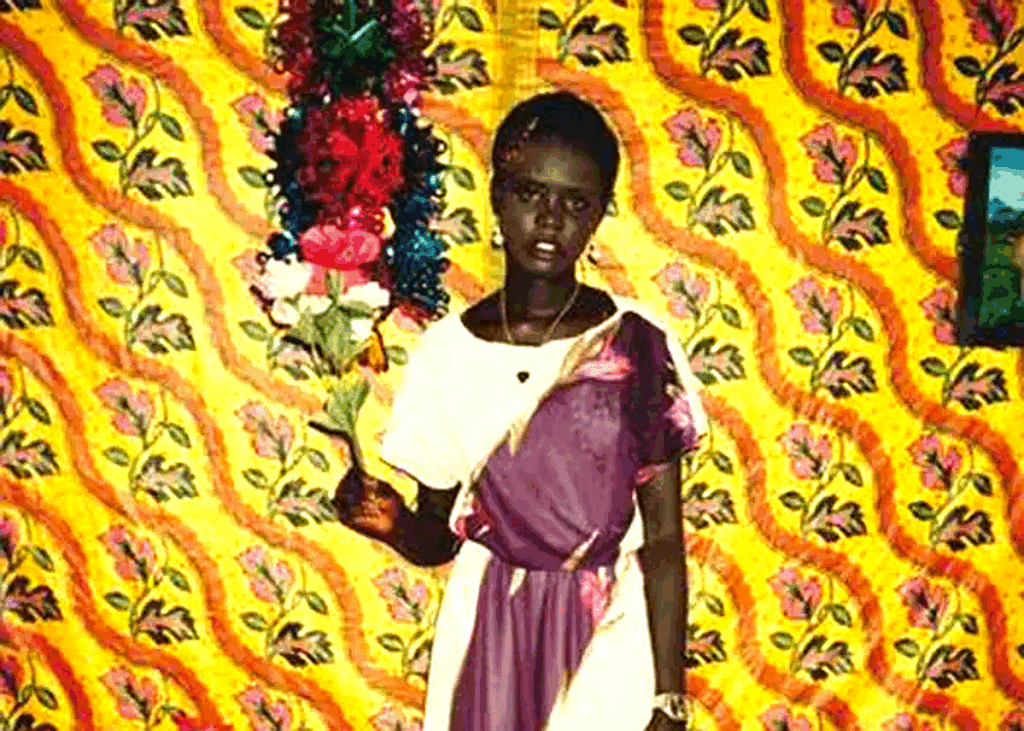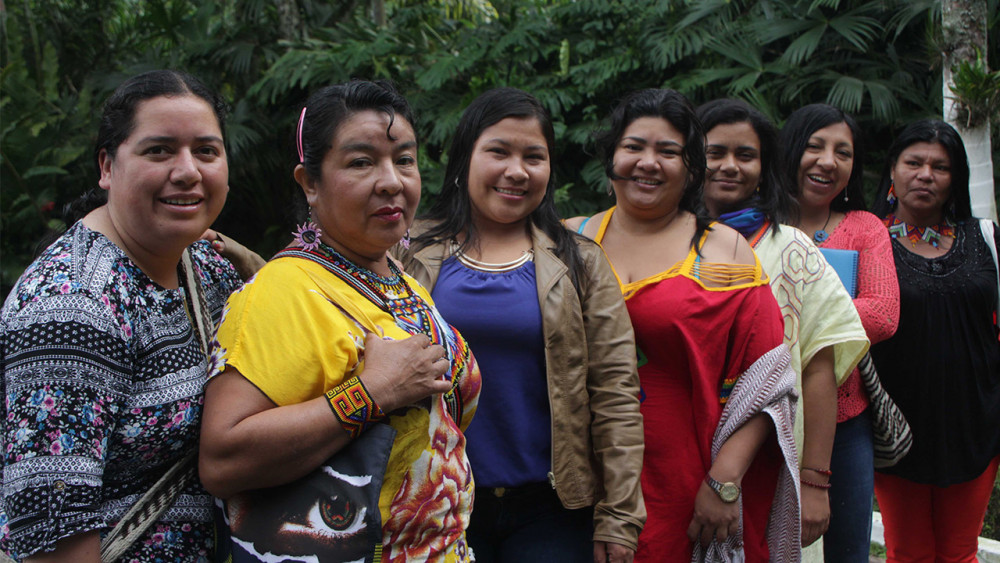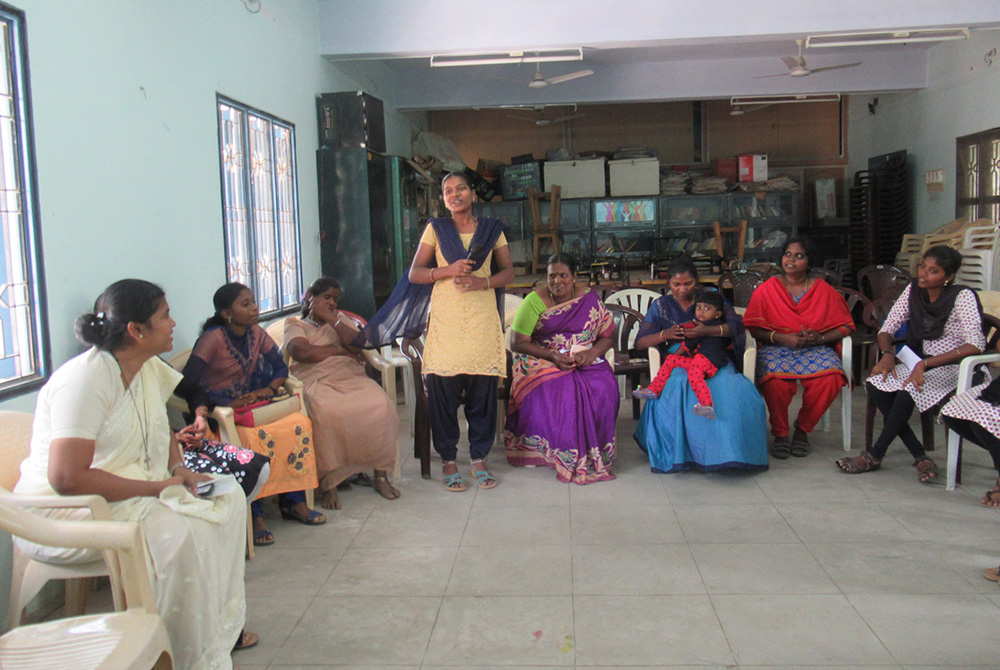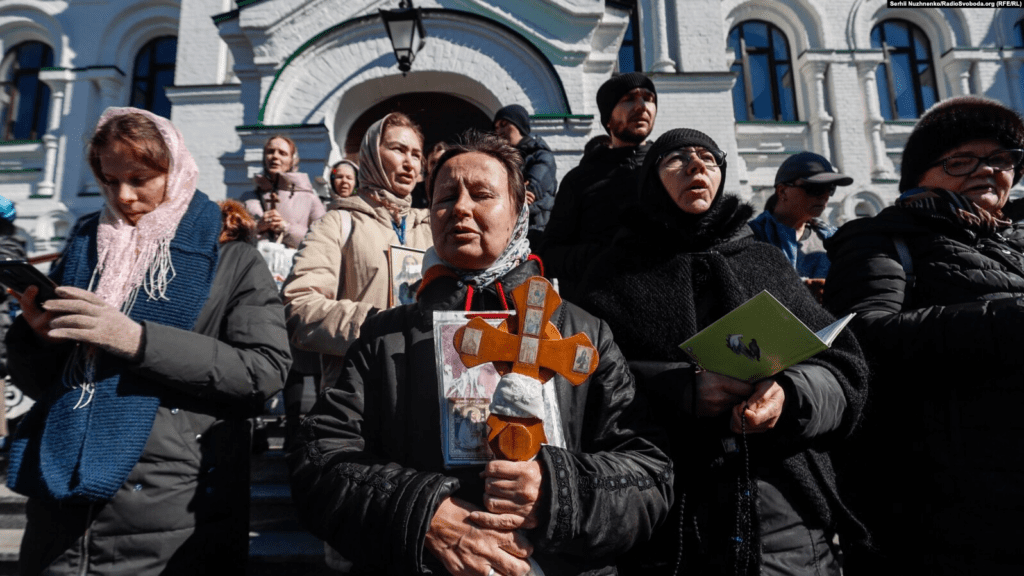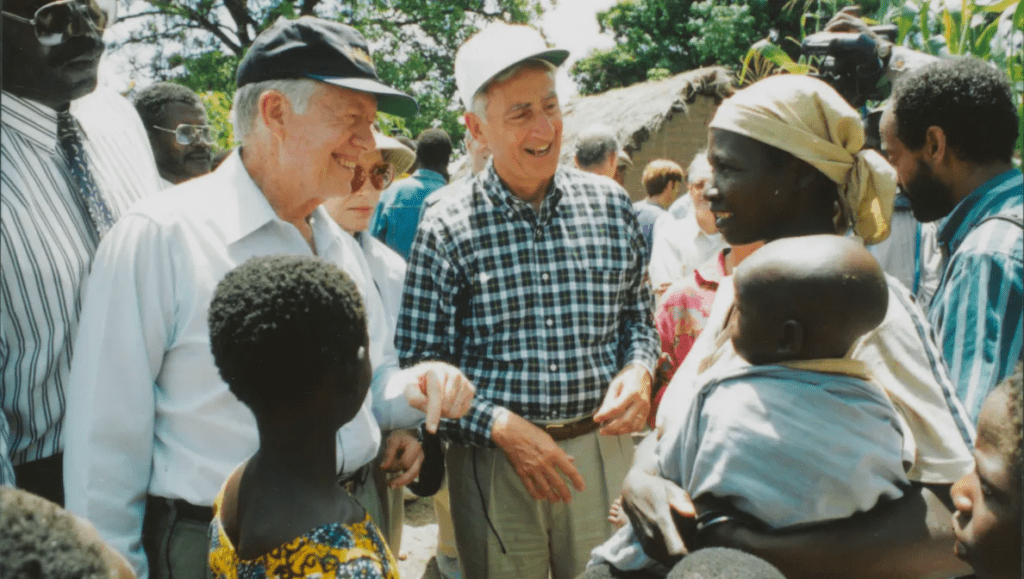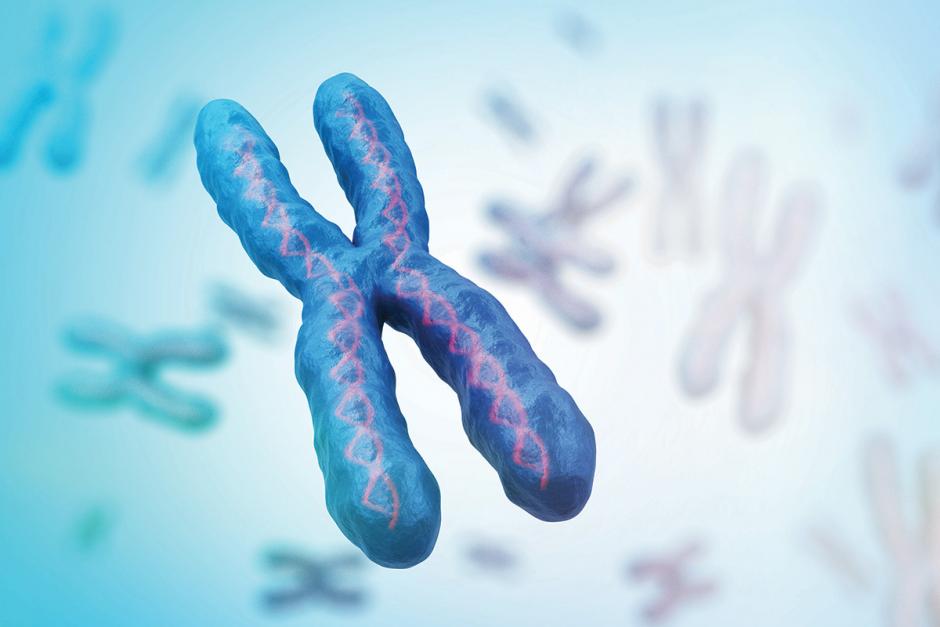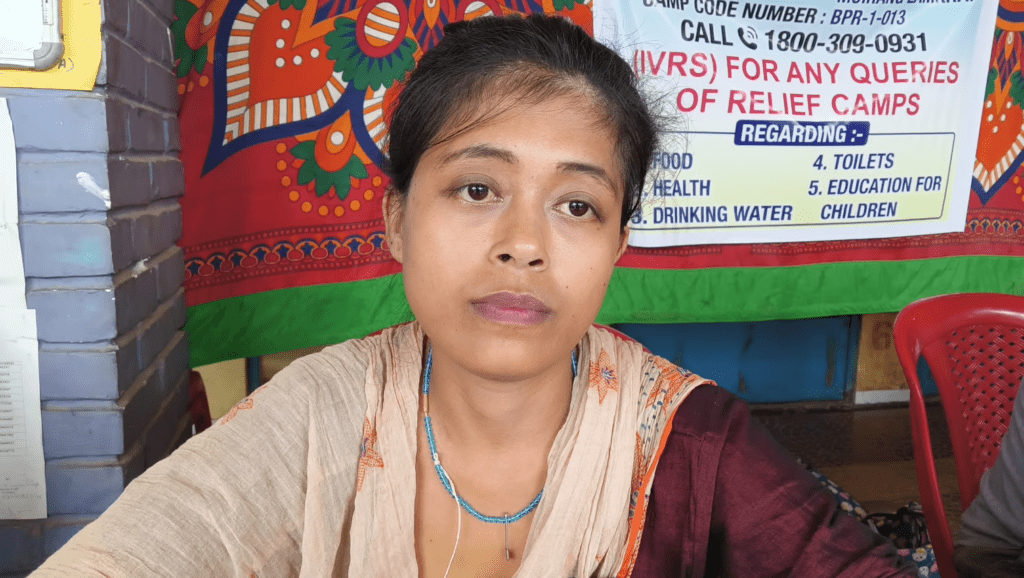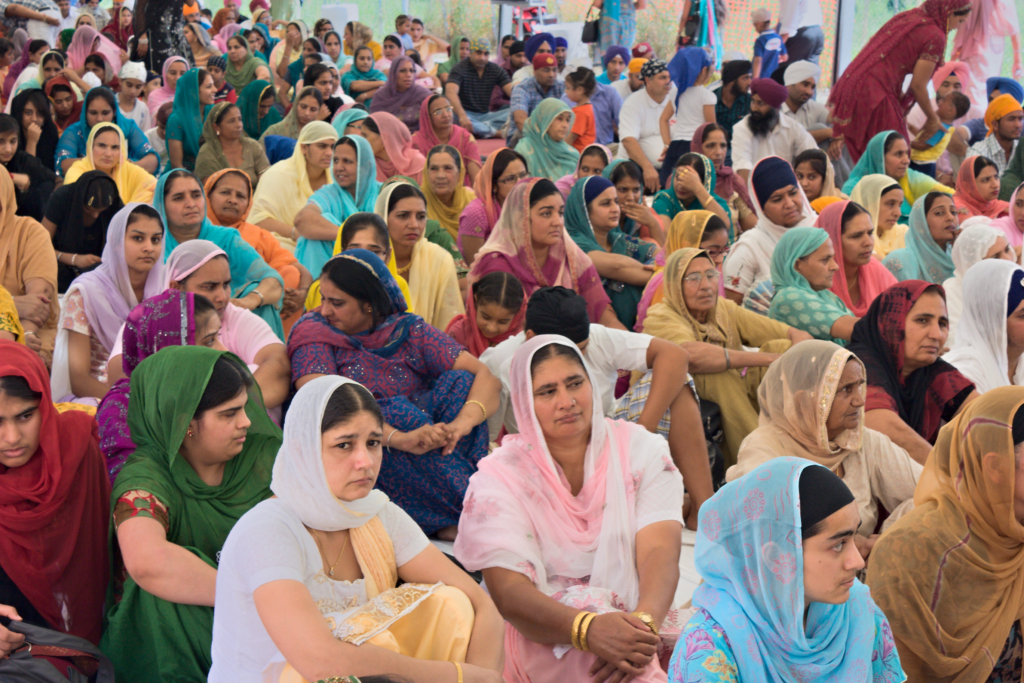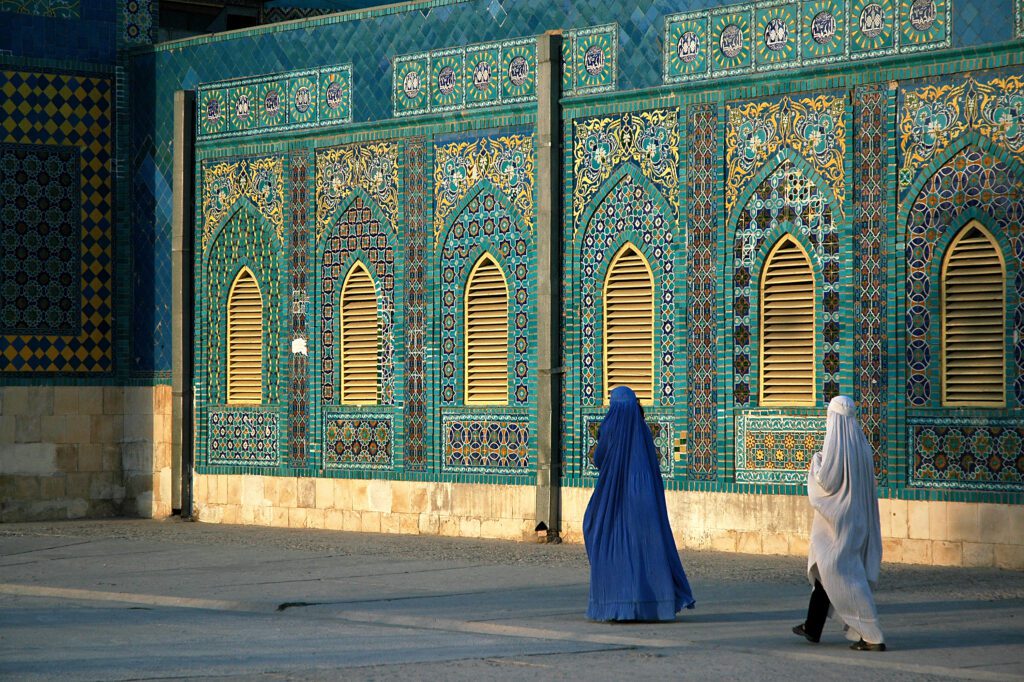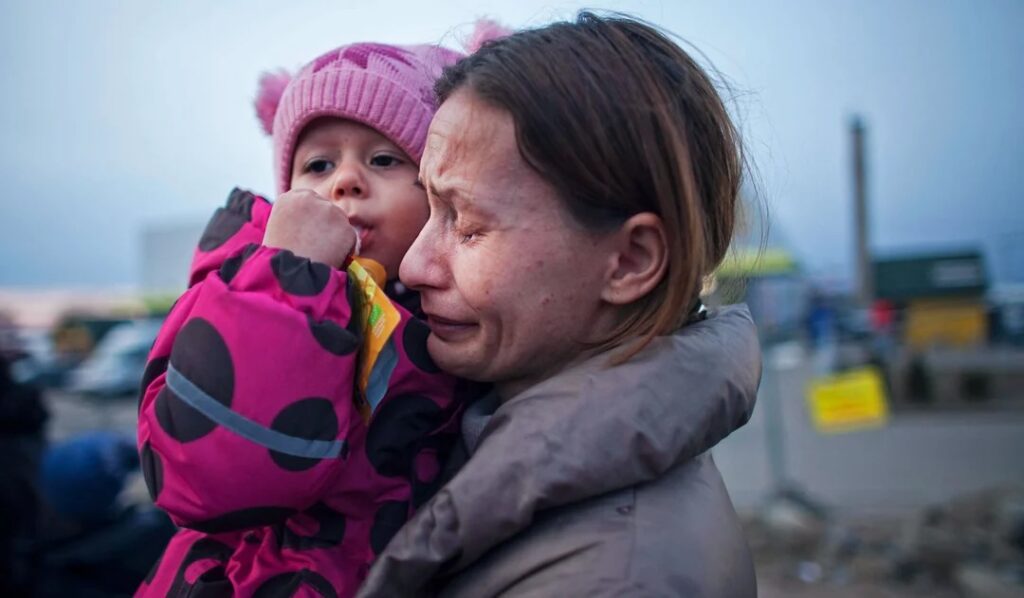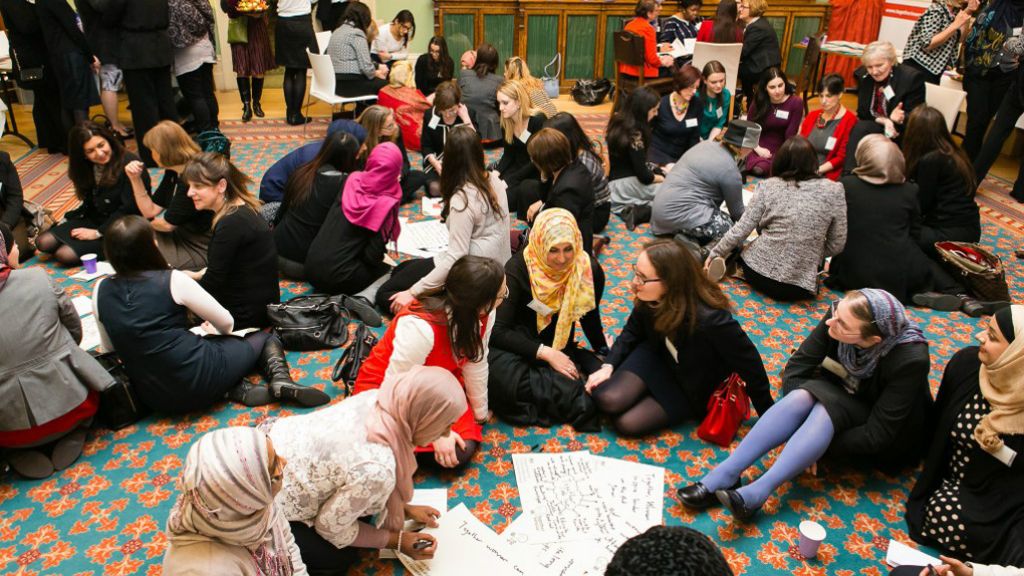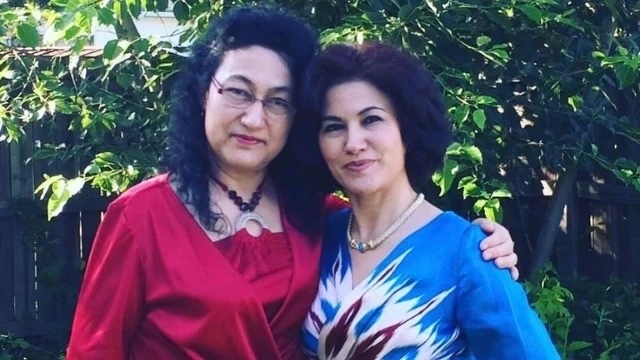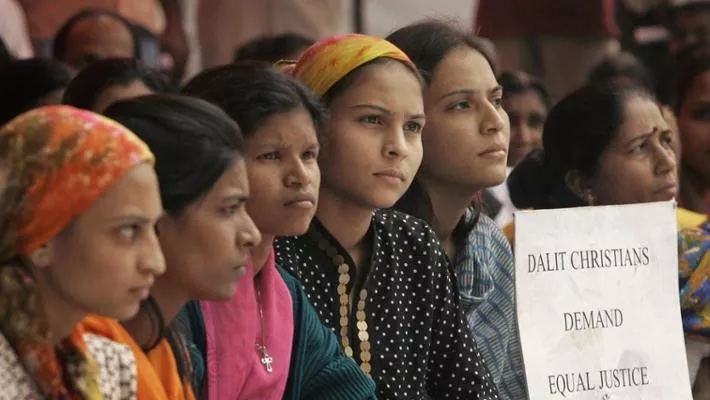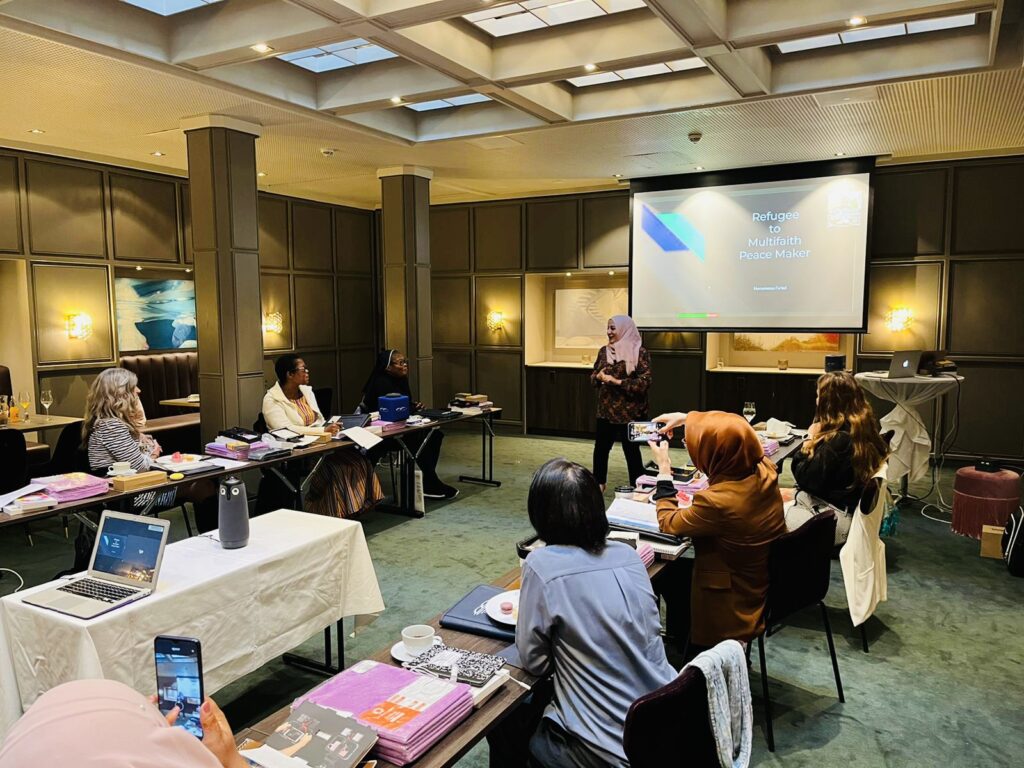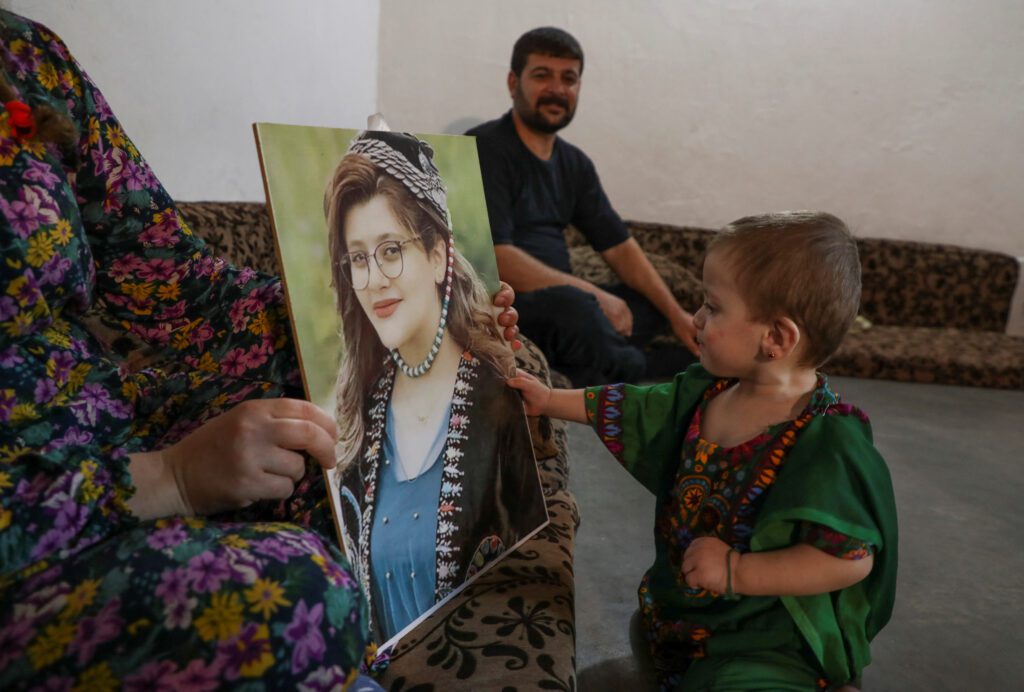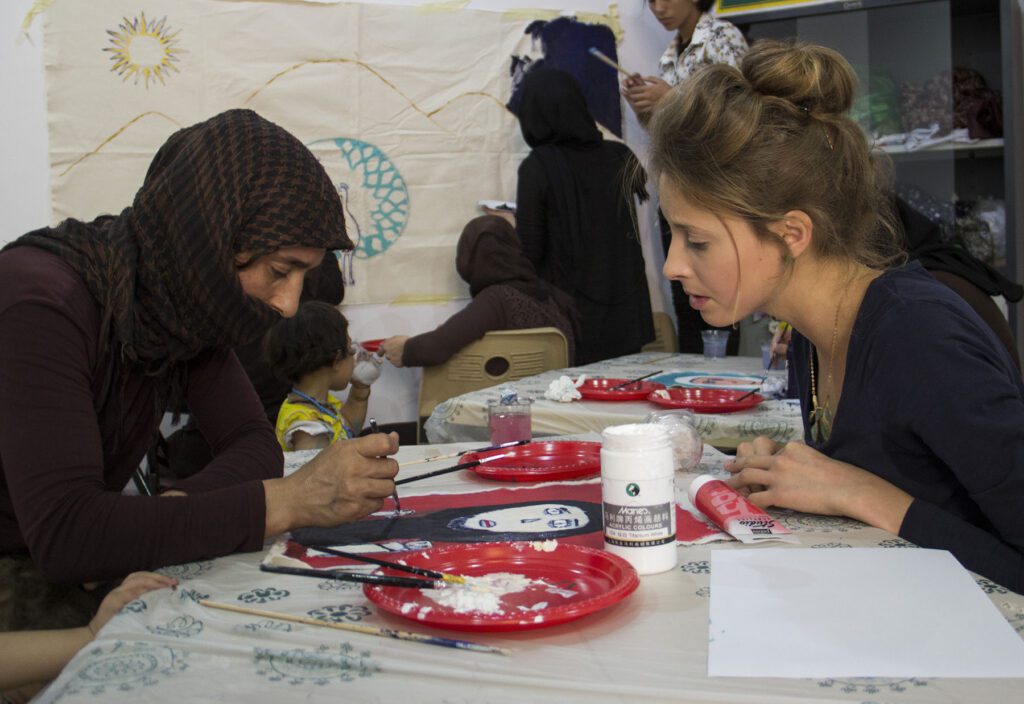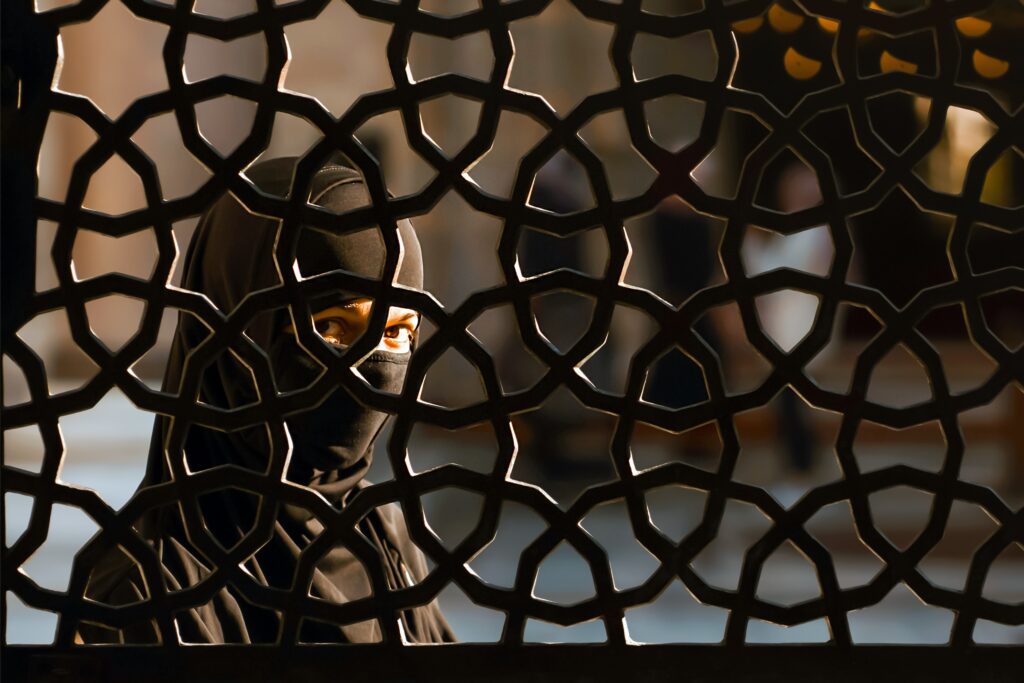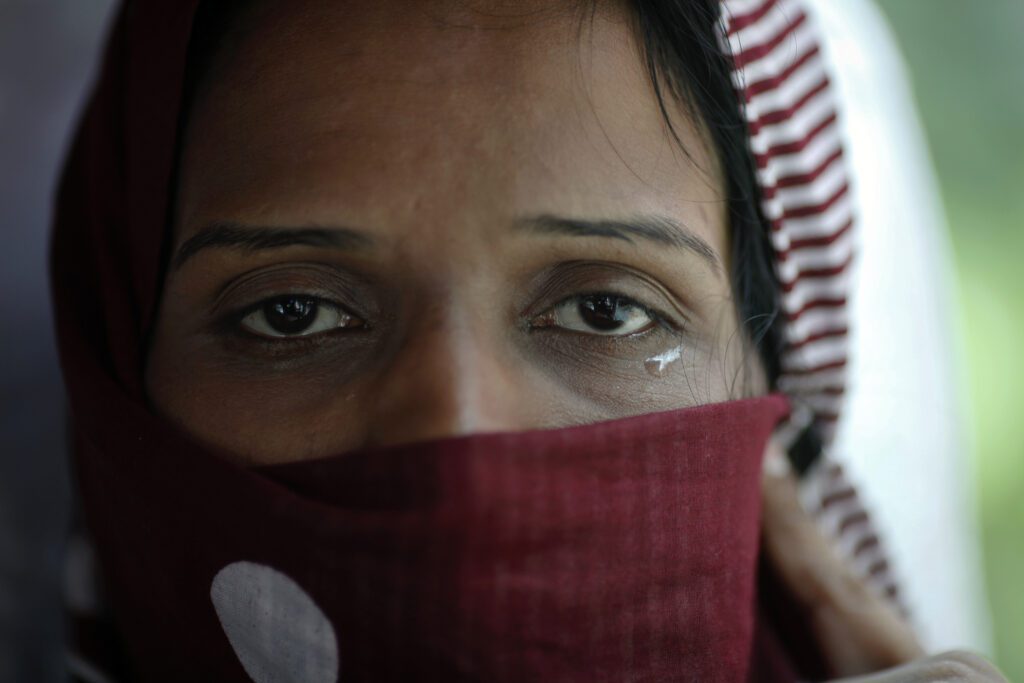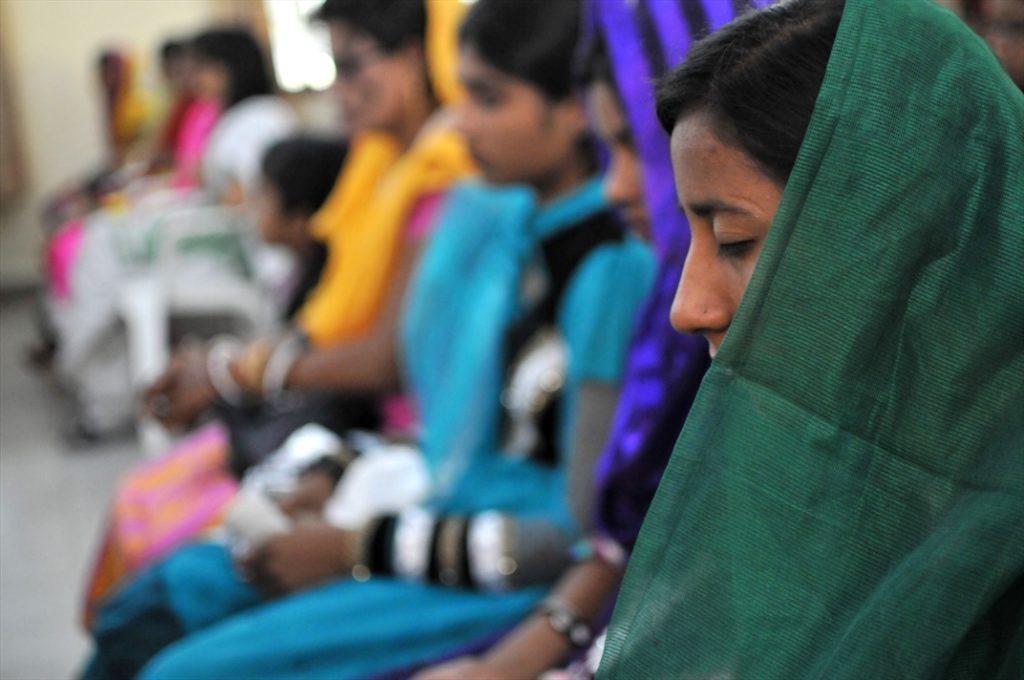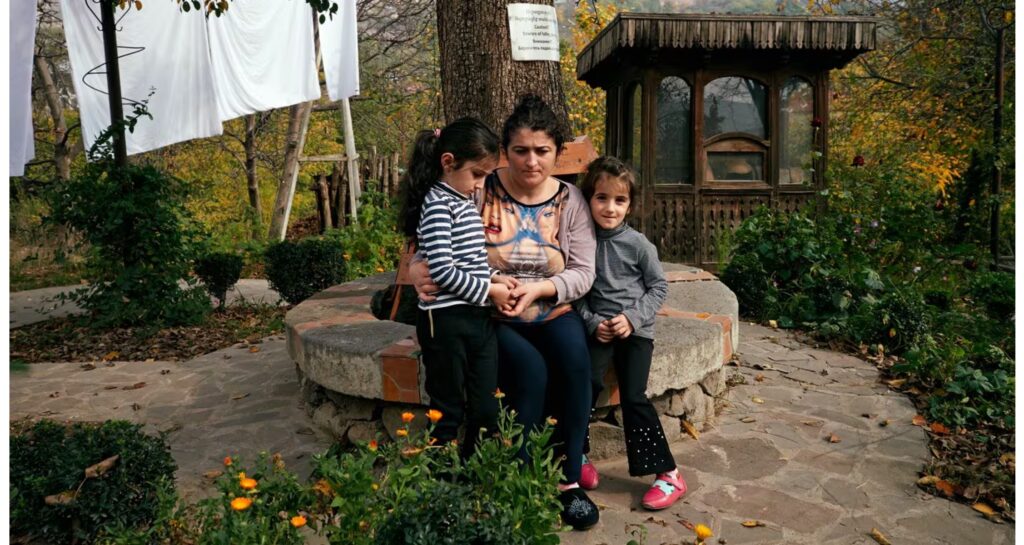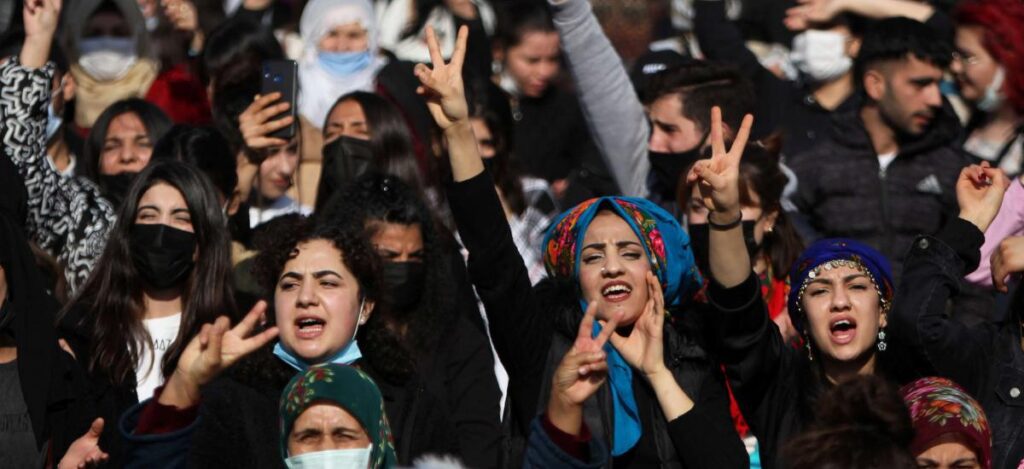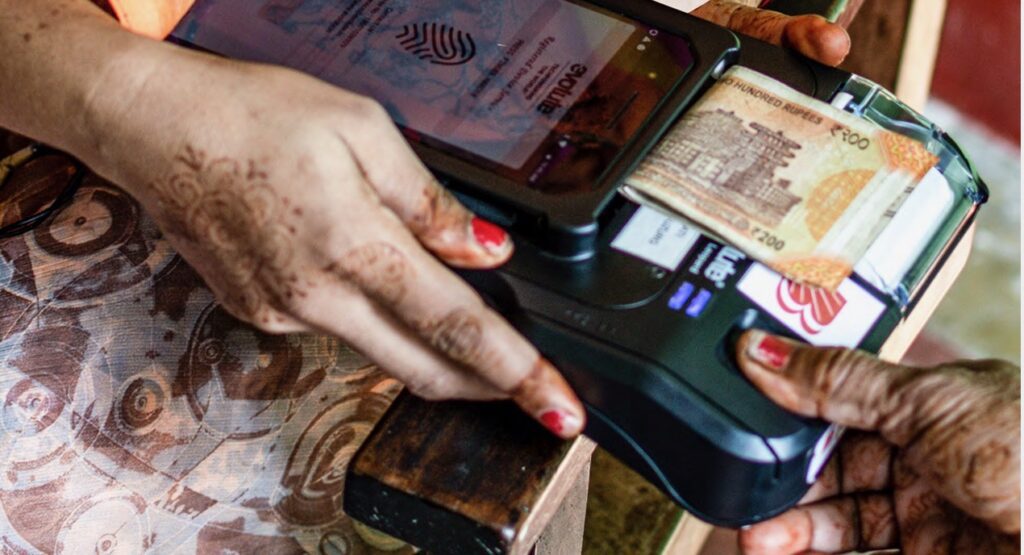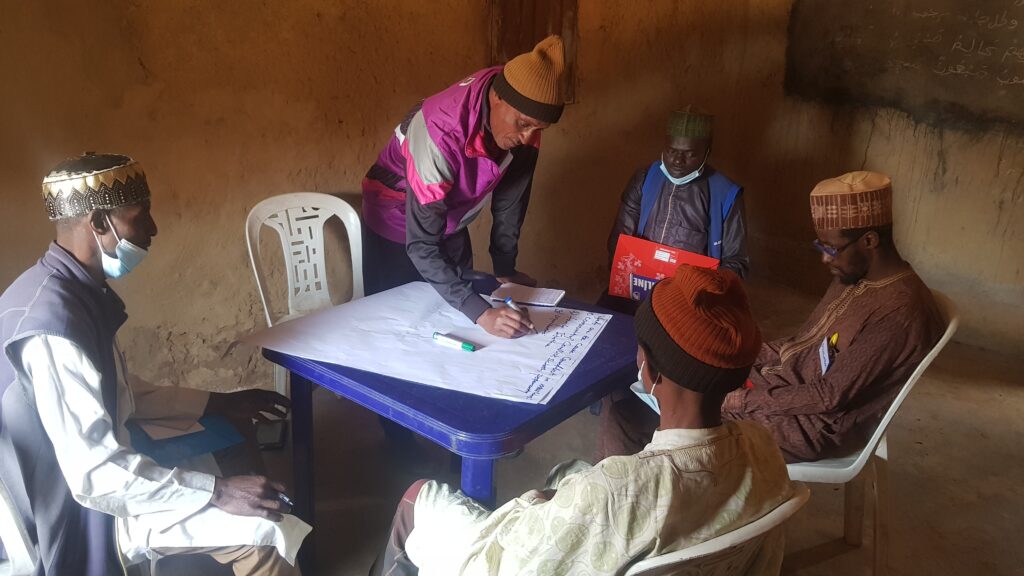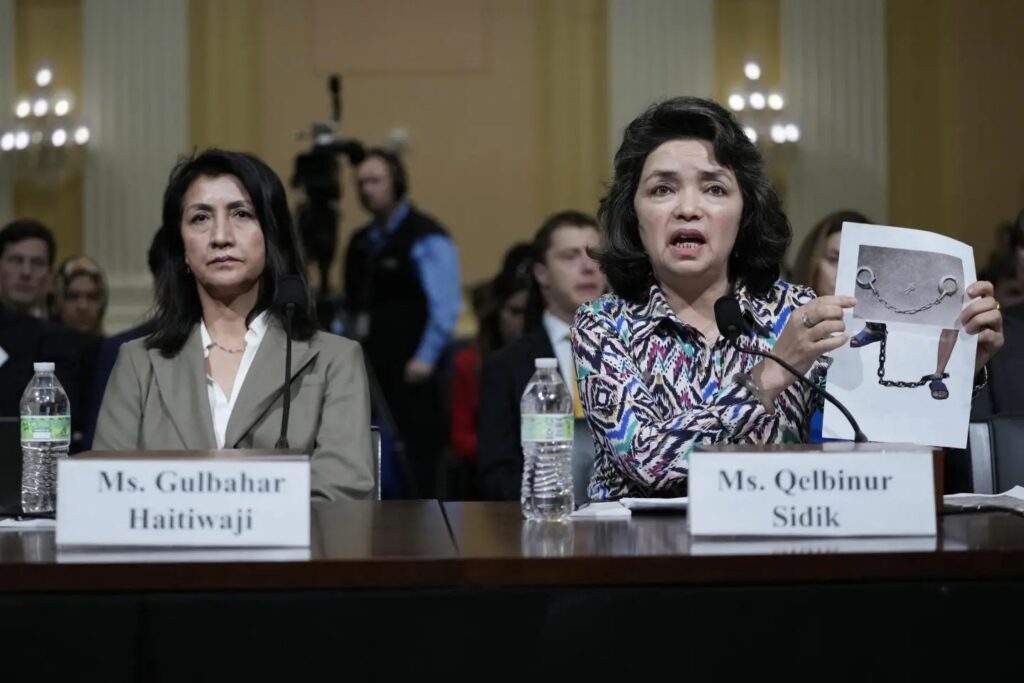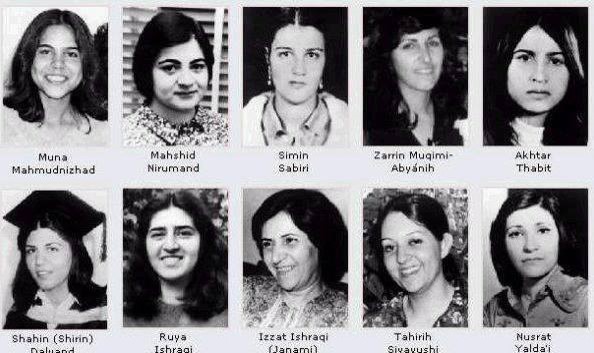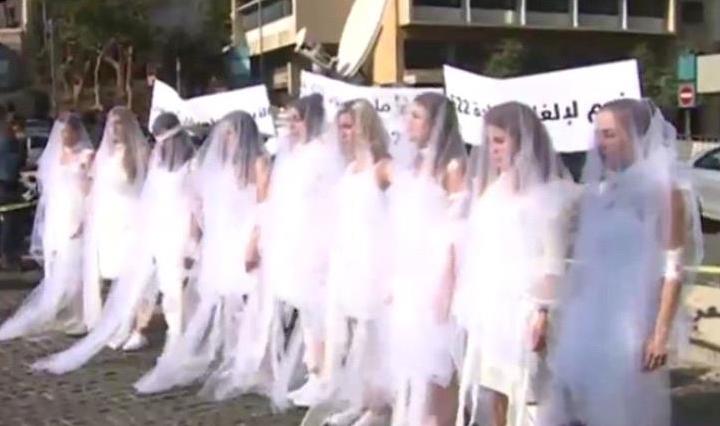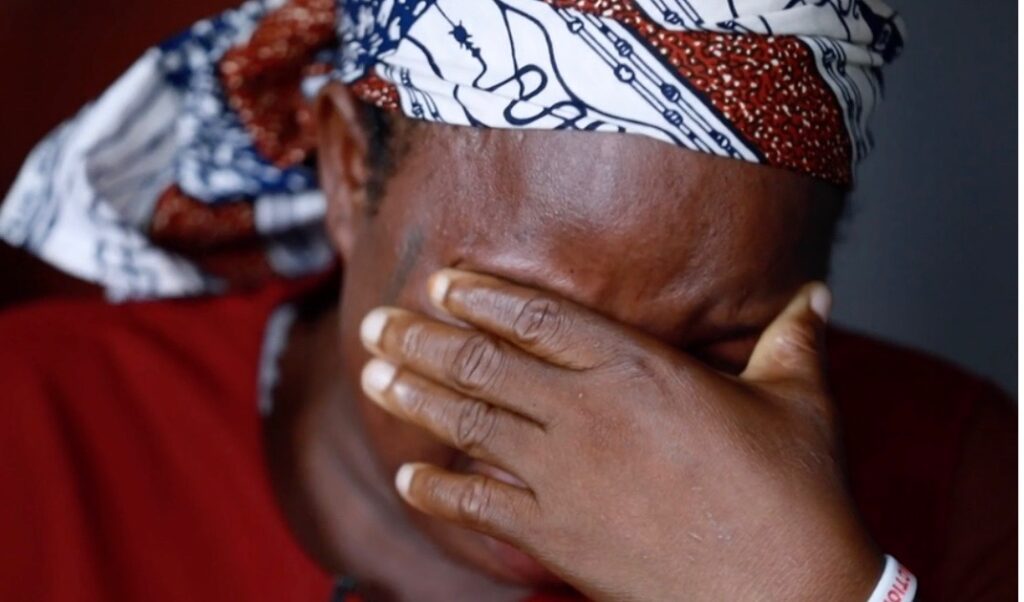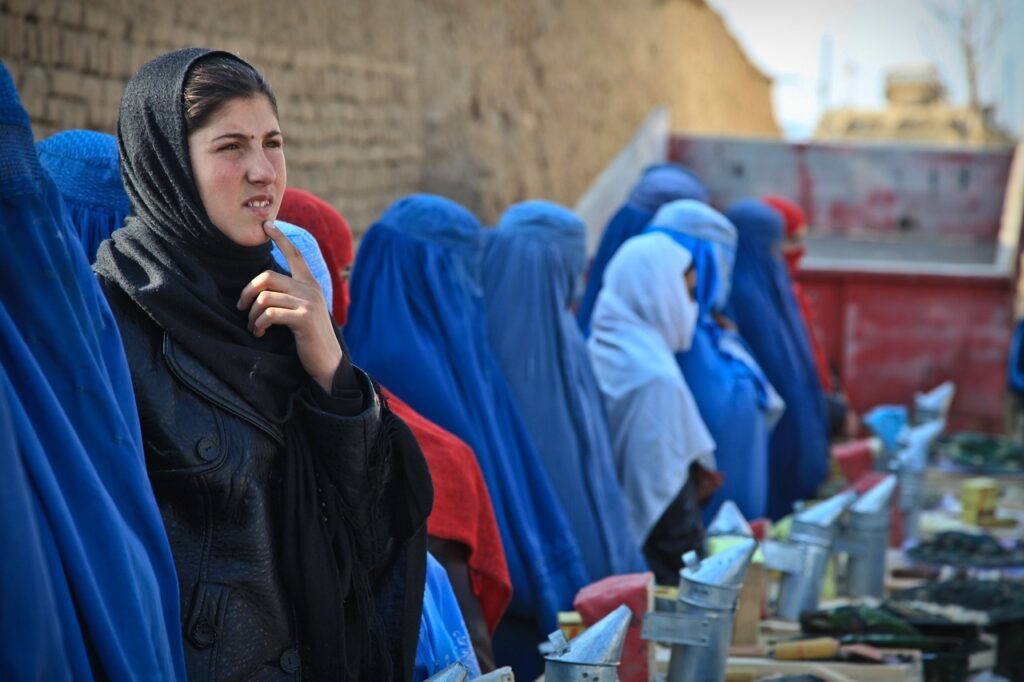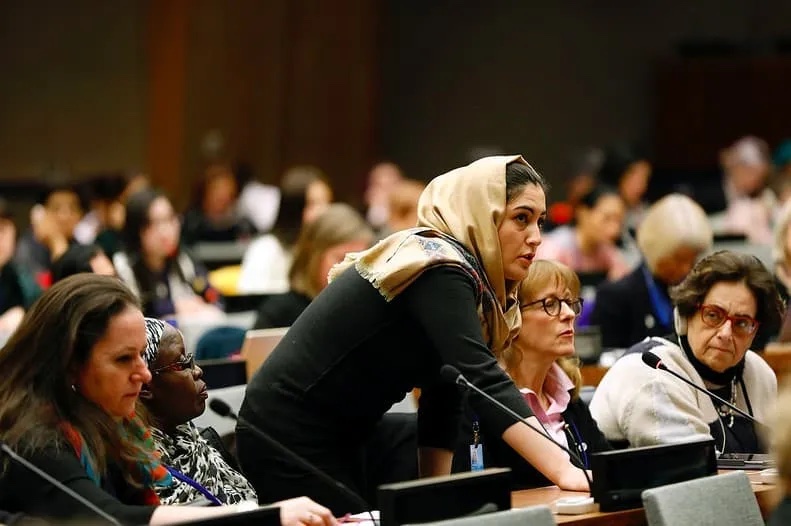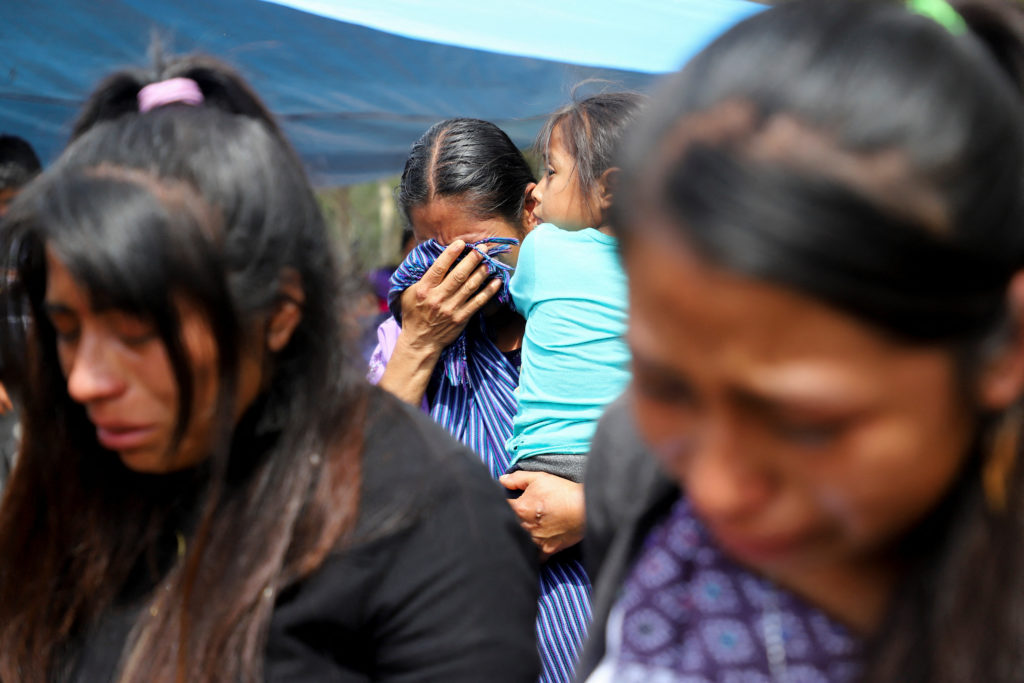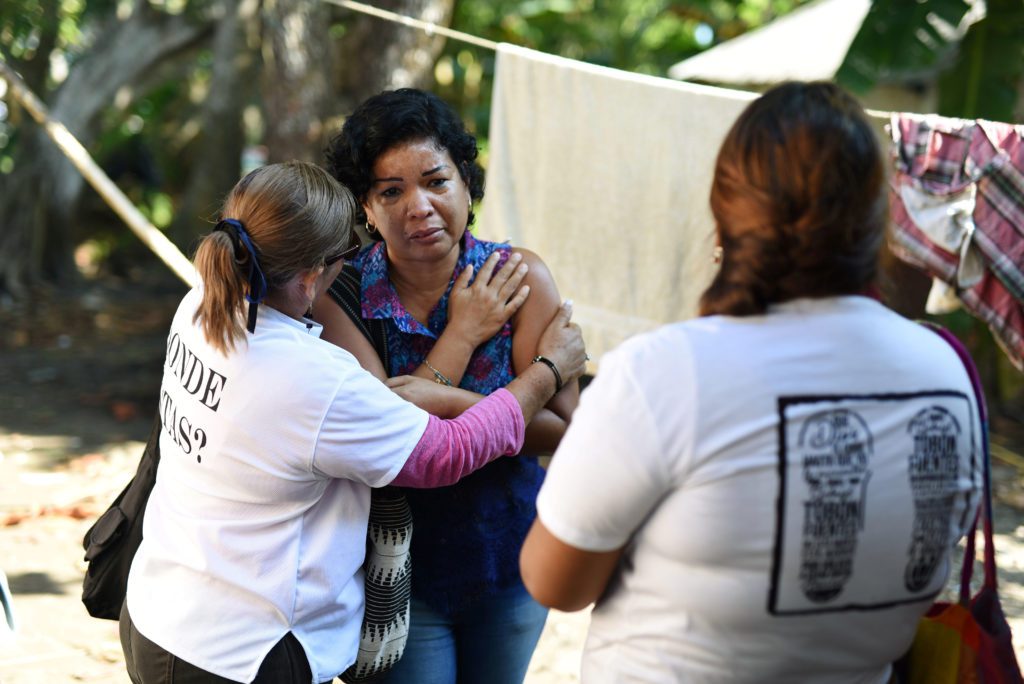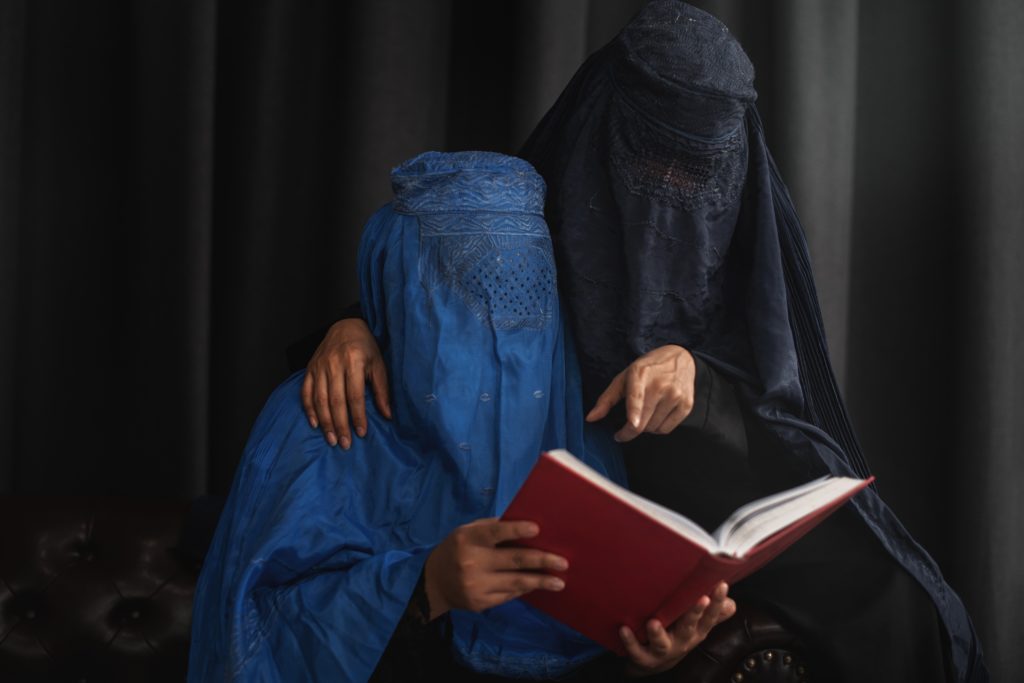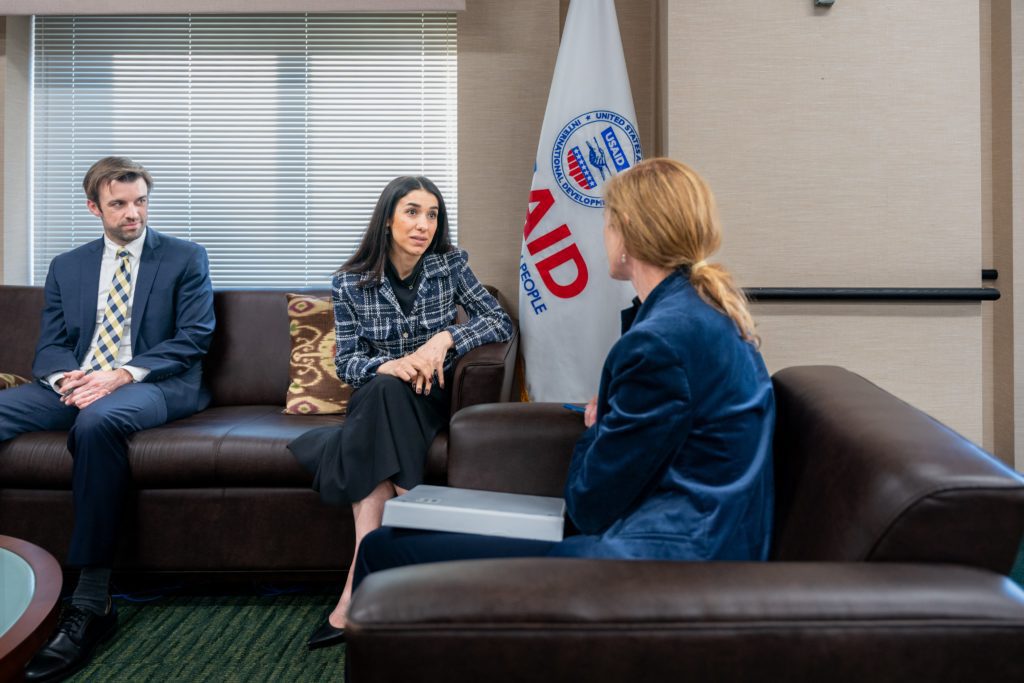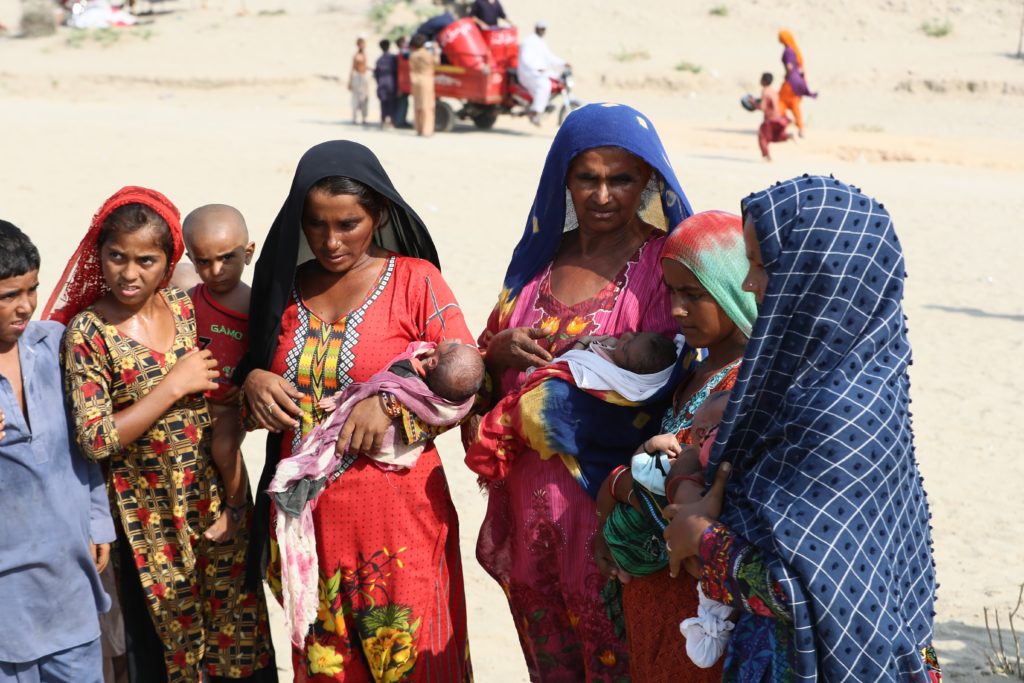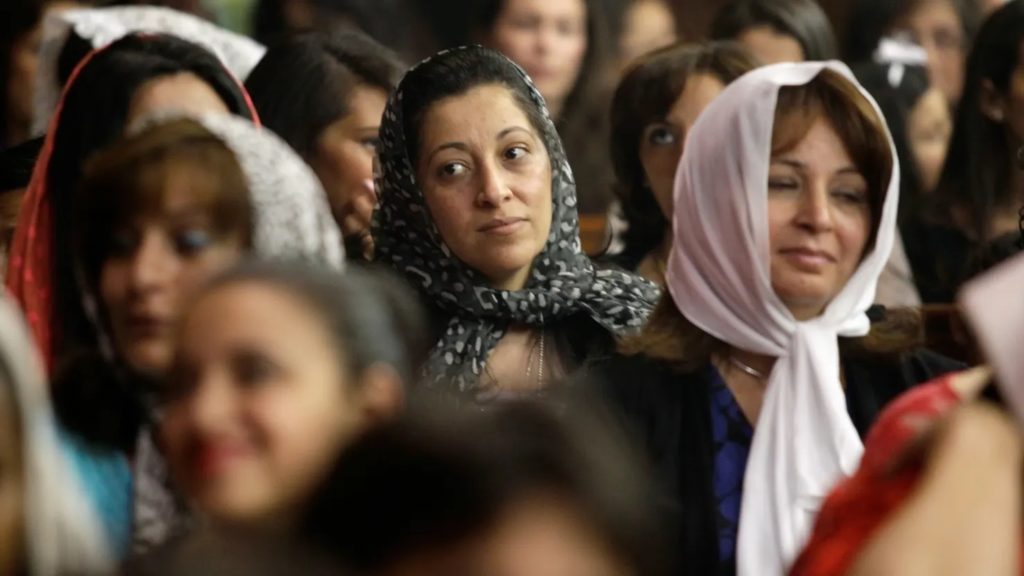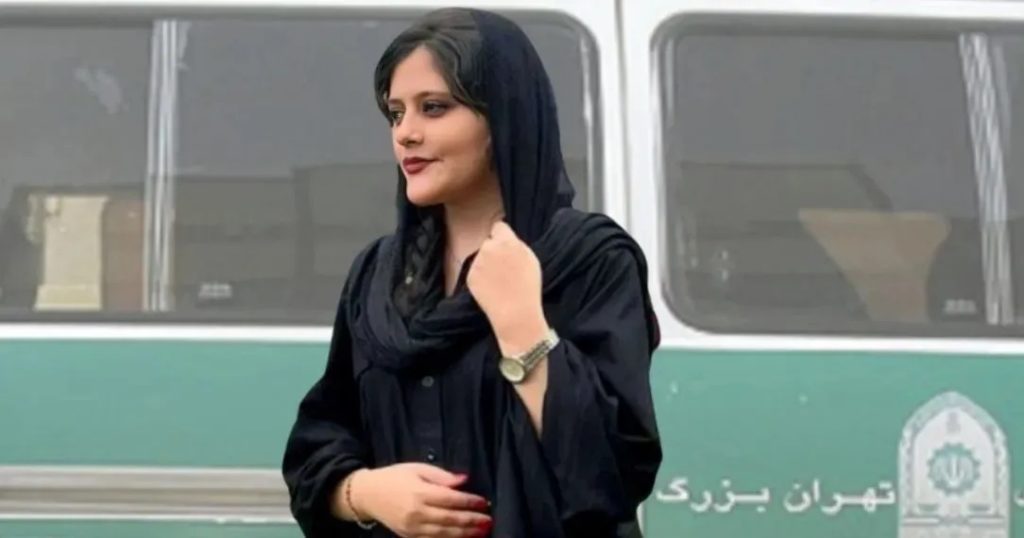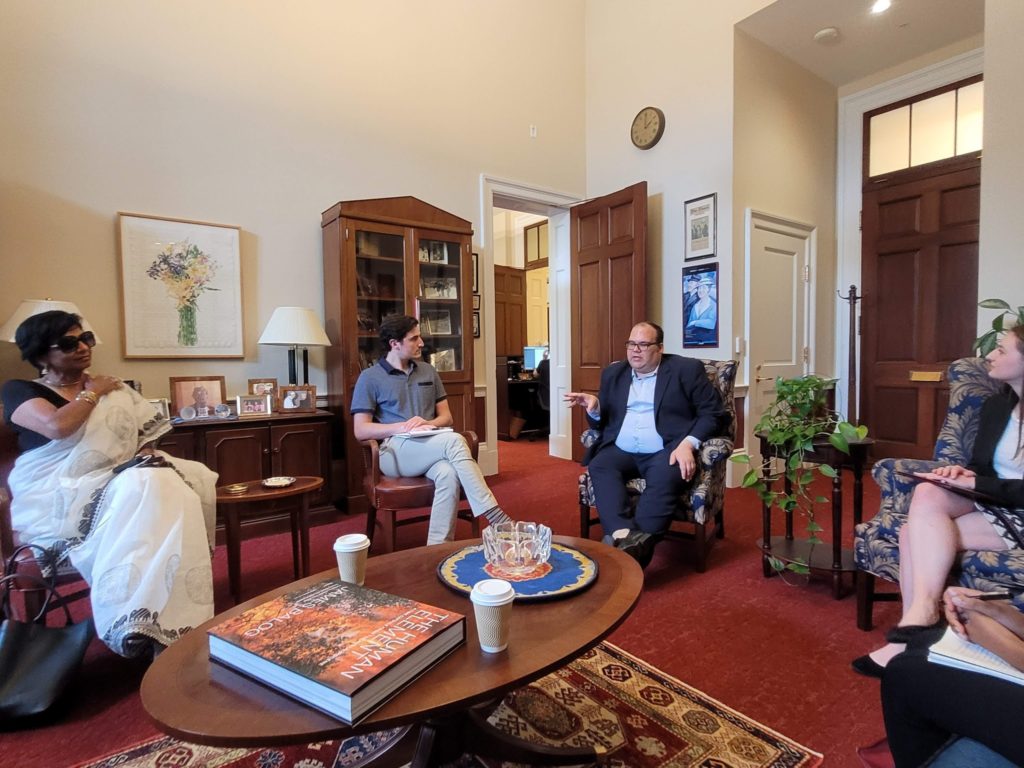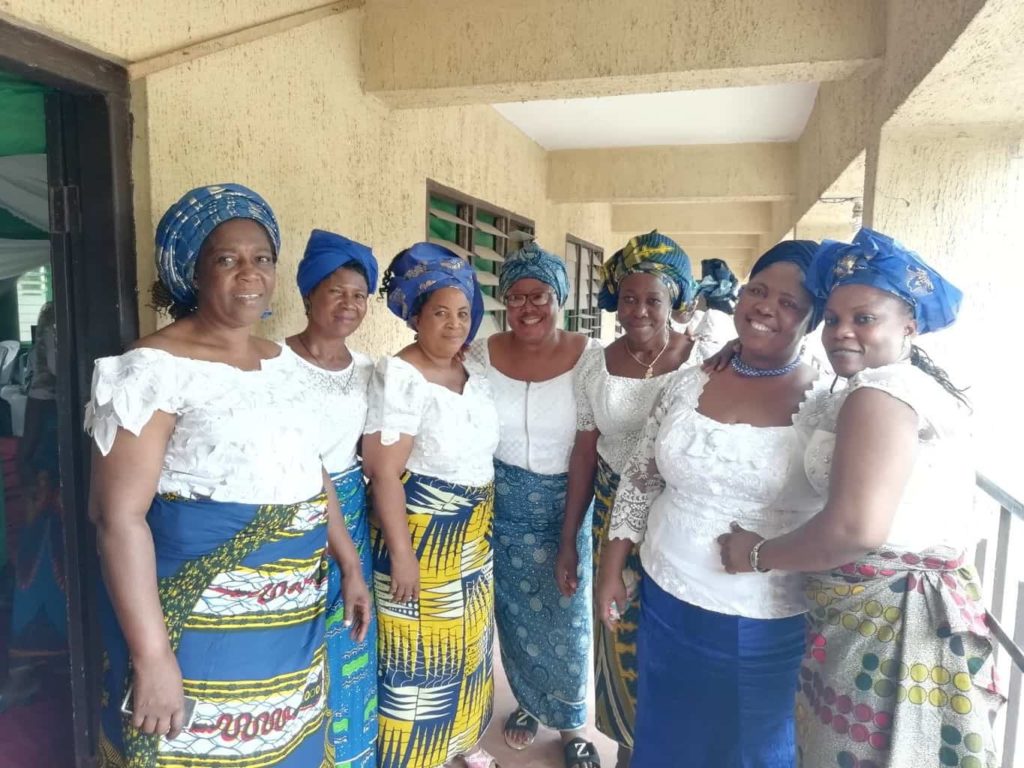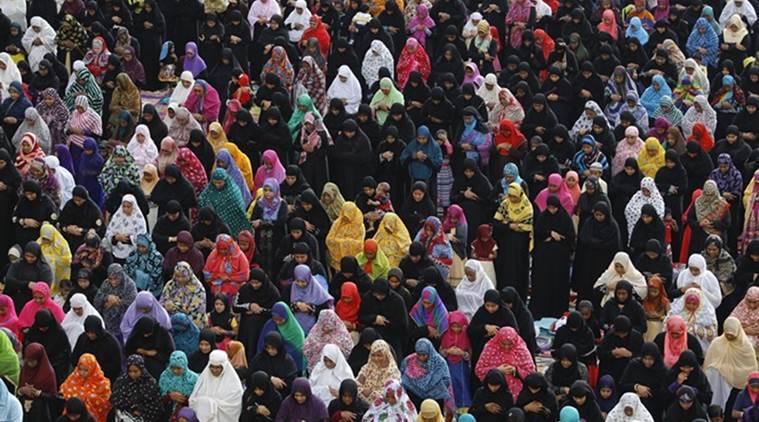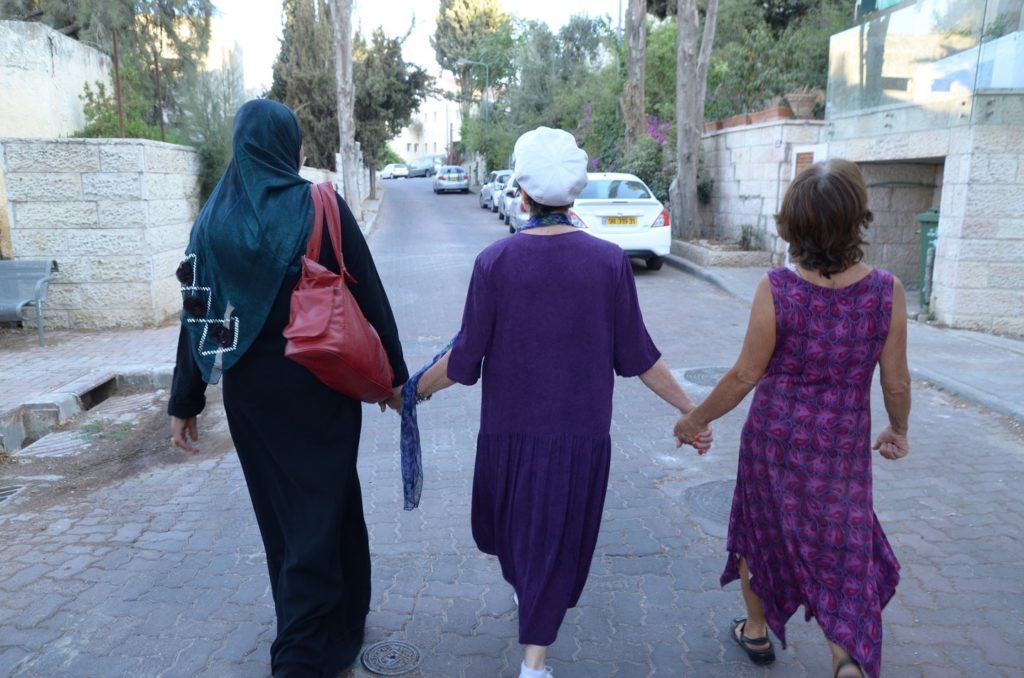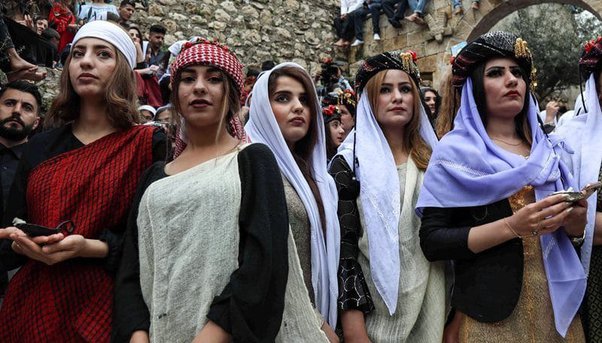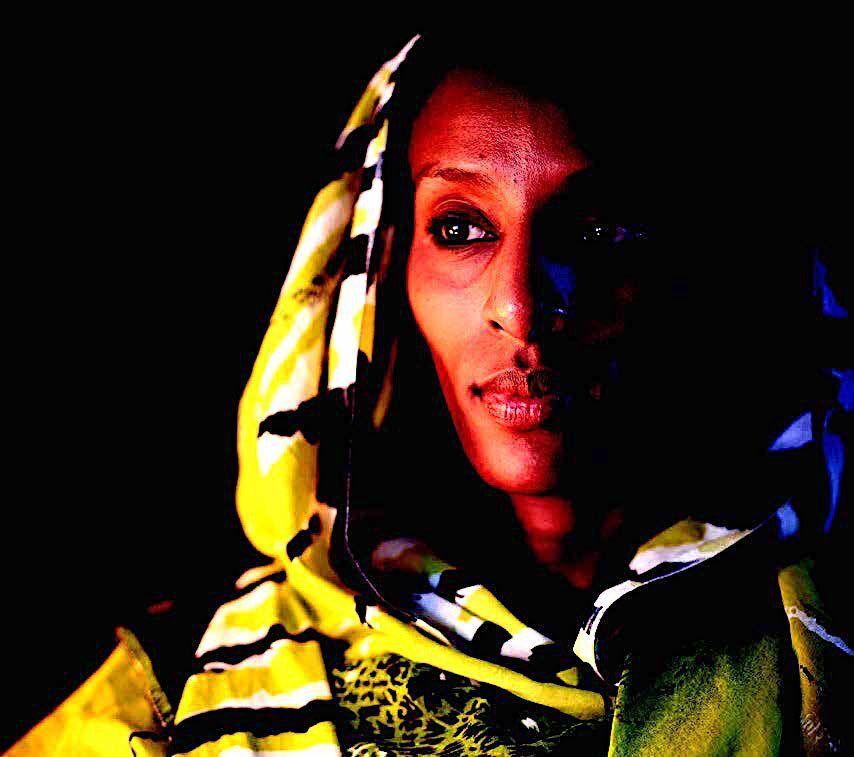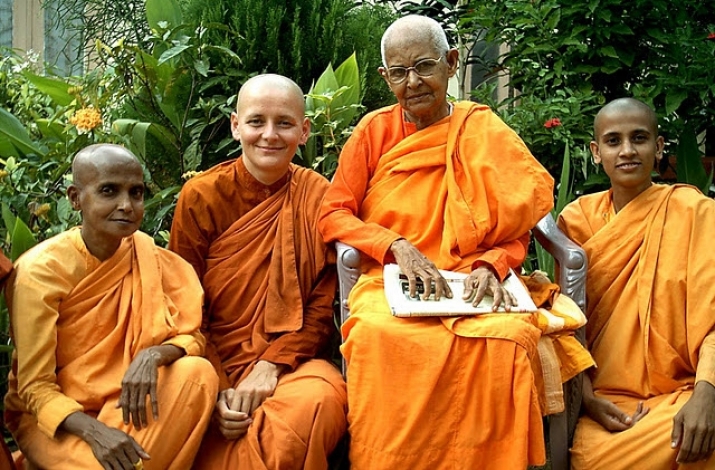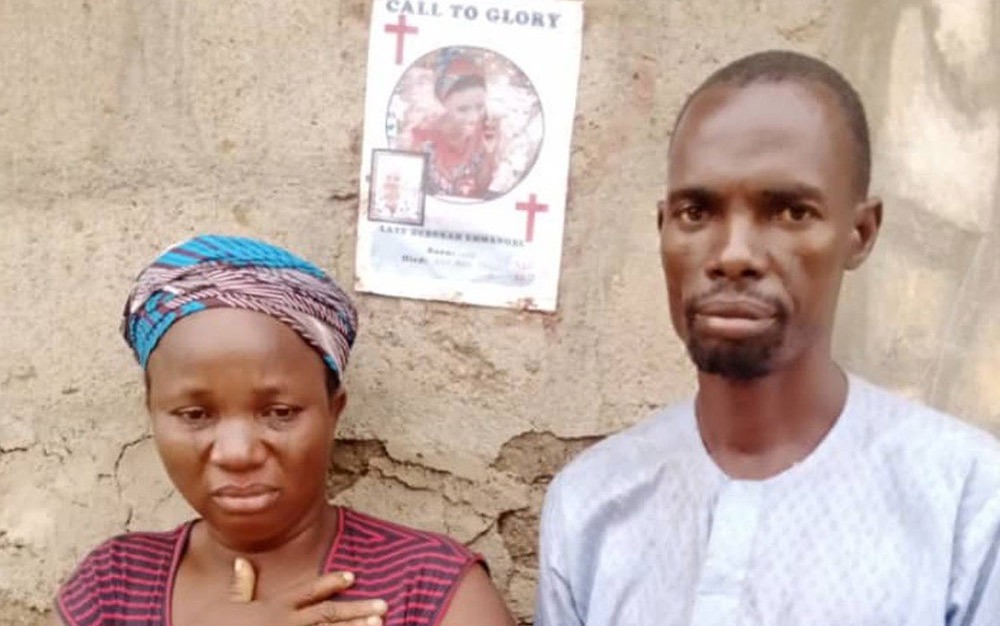The indigenous Christian Armenian population cherishes the small South Caucasus enclave of Nagorno-Karabakh which they know as Artsakh. Because Armenians were the first nation to accept Christianity as their state religion in 301 AD, Artsakh’s picturesque, rugged terrain of mountains, rich natural beauty, and breathtaking valleys are dotted with centuries-old Christian Armenian cathedrals and monasteries.
Since last December, the Republic of Azerbaijan has blocked the three-mile Lachin Corridor, unleashing a campaign of starvation and ethnic cleansing against Artsakh’s 120,000 remaining indigenous Christian Armenians. This corridor provides the only connection between Artsakh to Armenia and the world. On June 15, Azerbaijan stopped the entry of all food and critical medical resources into Artsakh. Since July 26, Azerbaijan has blocked the delivery of nearly 400 tons of essential food and medical supplies sent from Armenia. Ironically, while starving 120,000 people, Azerbaijan on August 3 signed the U.S.-led UN Pledge Against Weaponizing Food in War.
Latest reports confirm that the people of Artsakh have only two more weeks of food supplies left after which mass starvation looms.
Artsakh History in Perspective
Christian Solidarity International’s campaign for Artsakh, The Cost of Silence: Preventing Another Armenian Genocide, provides key information about the current conflict. The Ottoman Empire and its successor state, the Republic of Turkey, between 1915 and 1923 massacred 1.5 million Armenians living on their ancestral, occupied lands. Turkey has yet to recognize the Armenian Genocide.
The Republic of Armenia, comprising less than one percent of the historic Armenian territory, in 1918 declared independence–as did Nagorno-Karabakh (NK). Also in 1918, the Ottoman Empire’s invasion of the Caucasus region led to the formation of the Republic of Azerbaijan. In 1920, Azerbaijani forces massacred thousands of Armenians in NK, and in 1921, the Soviet Union conquered Armenia, Azerbaijan, and the Nagorno-Karabakh territories. Then Soviet Commissioner for Nationalities, Joseph Stalin, redrew the borders and, against its population’s wishes, included the autonomous Nagorno-Karabakh oblast (an administrative division in the former Soviet Union) within Soviet Azerbaijan.
When Armenians in Nagorno-Karabakh campaigned for their freedom in 1988, Azerbaijan blockaded the region and ethnically cleansed Armenian villages. With the 1991 collapse of the Soviet Union, the Republics of Azerbaijan and Armenia and Nagorno Karabakh each declared their independence through a legally conducted referendum. Azerbaijan responded by bombarding the Armenian city of Stepanakert, leading to the first Karabakh war (1992-1994) between Armenia and Azerbaijan. This war ended in a ceasefire, with N Nagorno Karabakh becoming a free republic (not recognized as independent by any other country). In September 2020, amidst a global pandemic lockdown, Azerbaijan joined NATO member Turkey and, deploying Israeli-made weaponry, carpet bombed and occupied parts of Artsakh. The war ended with a November 9th agreement between Armenia, Azerbaijan, and Russia through which NK lost much territory.
Artsakh Women are Victims and Leaders
For over 30 years, Artsakh women have survived fierce territorial wars for the right to self-determination. With husbands and sons defending their territory amidst the first Artsakh war, a shift in traditional gender identity made women household heads, breadwinners, caretakers of immediate and extended families, and property defenders. The women have become what some call heads of “headless” families.
Artsakh women continued to bury fathers, brothers, husbands, and sons in subsequent wars for the enclave’s right to self-determination. With support from Armenia, they have become peacebuilders, mediating conflicts within their villages and towns, formed NGOs, and developed peace-building and democratic rule of law programs across Artsakh.
Women’s Resource Center in Yerevan, Armenia, Democracy Today NGO, Women for Development NGO, and chapters of the Kvinna till Kvinna Foundation ( a Swedish organization supporting women in war/conflict zones) promote the building blocks of Artsakh’s democracy. In July 2002, Democracy Today, along with Artsakh women and the International Fellowship for Reconciliation (IFOR), organized the “Nagorno-Karabakh Women for Peace and Peaceful Coexistence” conference in Artsakh’s capital, Stepanakert.
Due to Azerbaijan’s blockade of fuel, gas, electricity, and limited Internet connection, 2,000 pregnant women, 30,000 children, 20,000 elderly, and 9,000 disabled persons since December 12, 2022 have been deprived of critical food and medical supplies. Azerbaijani authorities have converted into mosques ancient Christian cathedrals and erased religious and cultural heritage sites.
Women face the brunt of food insecurity, spending their days searching for food to feed their families and safeguard their security and health. In July, Vera Narimanyan, the single mother of a three-year-old boy and a six-year-old girl, left her sleeping children at home to walk five kilometers to a nearby town to find food. When the children woke up, they wandered into the streets and, not finding their mother, climbed into an abandoned car and fell asleep under the scorching heat. Their bodies were found the next day after a search of nearly 24 hours.
Freelance journalist, Siranush Sargsyan, offers glimpses of the daily ordeals of breadlines (the only food available) which start forming at 4 a.m. After hours in line, many return home empty-handed to empty refrigerators and pantries. As miscarriages triple, videos of pregnant women fainting in the streets of Artsakh are posted regularly on social media. Malnourished children waiting for hours in bread lines are fainting as adults come to their rescue.
After Azerbaijani soldiers kidnapped 68-year-old Vagif Khachatryan from an International Committee of the Red Cross (ICRC)-facilitated medical evacuation to Armenia, took him to Baku and charged him with war crimes, Artsakh’s elderly avoids medical transports. The 66-year-old Svetlana is diabetic and falls into a regular coma, but refuses to be transported to Armenia by ICRC fearing Khachatryan’s fate.
On August 18, Mary Asatryan, Assistant to Artsakh’s Human Rights Defender, reported that “all medical institutions are experiencing drug insufficiency, estimated at lower than 50%.” There are no antipyretics, antibiotics, blood pressure drugs, medication for people with chronic diseases (diabetes, cardiovascular and respiratory diseases, etc.), vitamins and dietary supplements, baby formula, and medication for children. “If this situation continues, the public health of Artsakh will experience a major collapse. We expect international action to be taken as soon as possible,” says Asatryan.
Asatryan is among many girls born during the first Artsakh War who were traumatized by the atrocities of the 44-day war in 2020 and hold high-level positions in Artsakh’s religious, social justice, medical, judicial, education and government offices. Prior to the 2020 war, the six judges of the Artsakh Supreme Court of Justice were all women. Today, eight of the 15 Human Rights Ombudsman’s officials are female attorneys documenting Azerbaijan’s human rights violations, witnessing their countrymen’s beheadings by the Syrian mercenaries Turkey transported to Artsakh, the torture of their elderly, and the bombing of their schools, hospitals and churches.
In April of this year, with the world standing silent as the blockade continued, Artsakh women organized a protest demanding human rights, freedom of movement and a better future. Even under duress, new mothers across Artsakh observed the Christian 40-day blessing of their newborns at the Armenian Apostolic Church in Stepanakert.
The Wants, Hopes and Needs of Artsakh Women
Mothers of Artsakh are tired of burying their children and mourning their unborn children–as they continue to pray for security. Living with rationed food and medical supplies, they and their families soon will face the upcoming freezing mountainous winter season. They persevere to maintain sanity, find food rations for their children and elderly parents, and watch their future tossed around in “peace negotiations” in Washington, Brussels, and the Hague, and at the UN Security Council meetings while enduring the daily threats of an all too familiar ethnic cleansing campaign.
Artsakh women, descendants of the 1915 Armenian Genocide, are caught in the geopolitical remapping. With Russia’s abandonment (given the Ukraine war) and Azerbaijan ignoring the demands of Western powers and organizations (including the International Court of Justice, along with the Lemkin Institute, Genocide Watch, and Amnesty International), the unfolding ethnic and religious cleansing of Artsakh are warning signs of Genocide.
Recommendations
As an indigenous Christian population who has lived for centuries in Artsakh, protecting and maintaining their identity through the wars and threats of ethnic cleansing, women of Artsakh strongly believe that their families and community deserve a free and safe future and that authoritarian rulers must not determine their fate. To these ends, the international community must:
- Recognize the independence of the Republic of Artsakh, consistent with the right to self-determination enshrined in various United Nations instruments and the people of Artsakh’s 1991 vote and decision to declare their independence from Azerbaijan.
- Condemn the ongoing blockade of the Lachin Corridor and unprovoked attacks by the Azerbaijani forces on Nagorno-Karabakh, and demand that Azerbaijan immediately and unconditionally cease its blockade and aggressions against Artsakh.
- Immediately deploy international observers to the Lachin Corridor and Artsakh to explore opportunities for more effective and sustainable guarantees of security and peaceful development.
- Meet the urgent needs of victims of Azerbaijani aggression in both Armenia and Artsakh.
- The United Nations Security Council, the Organization for Security and Co-operation in Europe, and other appropriate international bodies should investigate any and all war crimes committed by Azerbaijani forces.
Gulnara Shahinian is the founder of the NGO Democracy Today, Armenia, an international independent expert on human rights, slavery and human trafficking, and former UN Special Rapporteur on contemporary forms of slavery.
